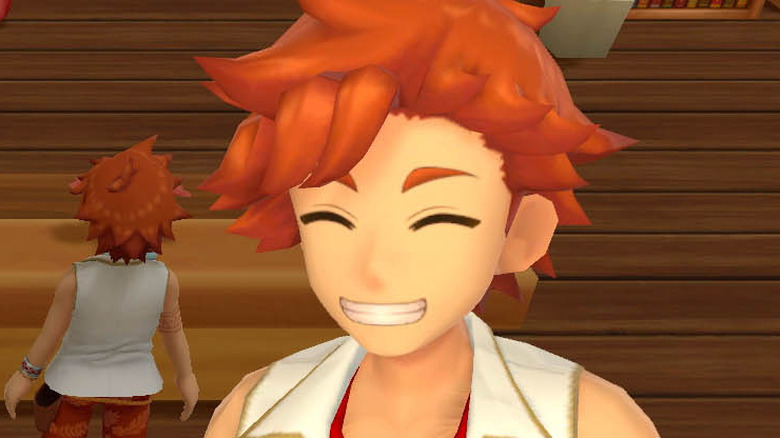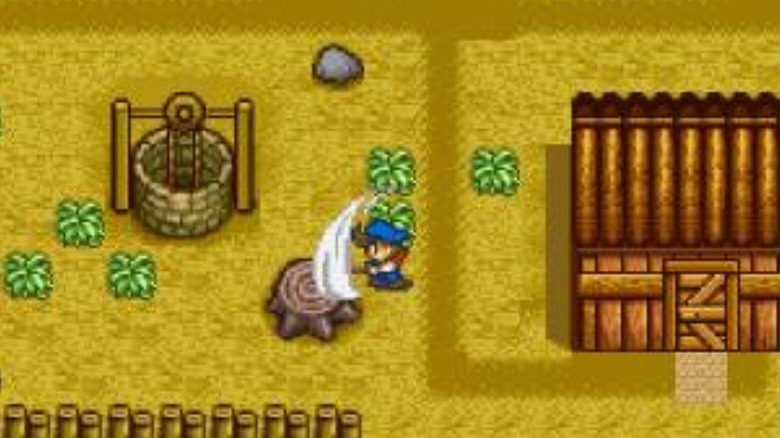Why Harvest Moon Was Nearly Canceled
"Harvest Moon" has been the main farming sim title for quite some time. Even hyper-popular titles that have come outside of the series, like "Stardew Valley" and its board game equivalent, trace their roots back to the long-time series. However, what many may not know is that the game was almost canceled before players were able to get their hands on it.
The first "Harvest Moon" game was released back in 1996 in Japan, and creator Yasuhiro Wada has spoken out about how the game was almost nonexistent. In a 2012 interview with GameDeveloper.com, Wada went through and detailed the inspiration for creating "Harvest Moon" and the troubles that arose while creating the game.
Wada grew up in the countryside of Japan, moving to Tokyo after he was older. Eventually, he realized that there were certain advantages to living outside of the city, and he wanted to show those off in a video game. Thus, "Harvest Moon" was created. While things looked blissful at first, there were several problems that he encountered.
The many problems with developing Harvest Moon
At first, most of the problems that Yasuhiro Wada spoke about were from a technical side. He and the 10-person development team struggled to figure out how to truly capture the relaxing yet busy atmosphere of living on a farm. After finally discovering how to work things out, the developer went under.
After a brief period of hopelessness, Wada and two other developers decided to take matters into their own hands. The trio worked endlessly on the game for six more months, scrapping bits of it while perfecting the core parts of the game. Wada said that they pushed so hard to get the game out that they slept in their makeshift studio, which was a glorified meeting room. Due to their hard work, "Harvest Moon" did make it to the hands of players. 25 years later, players are still enjoying the series, and it inspired spin-off series like "Rune Factory" that have also been successful.


